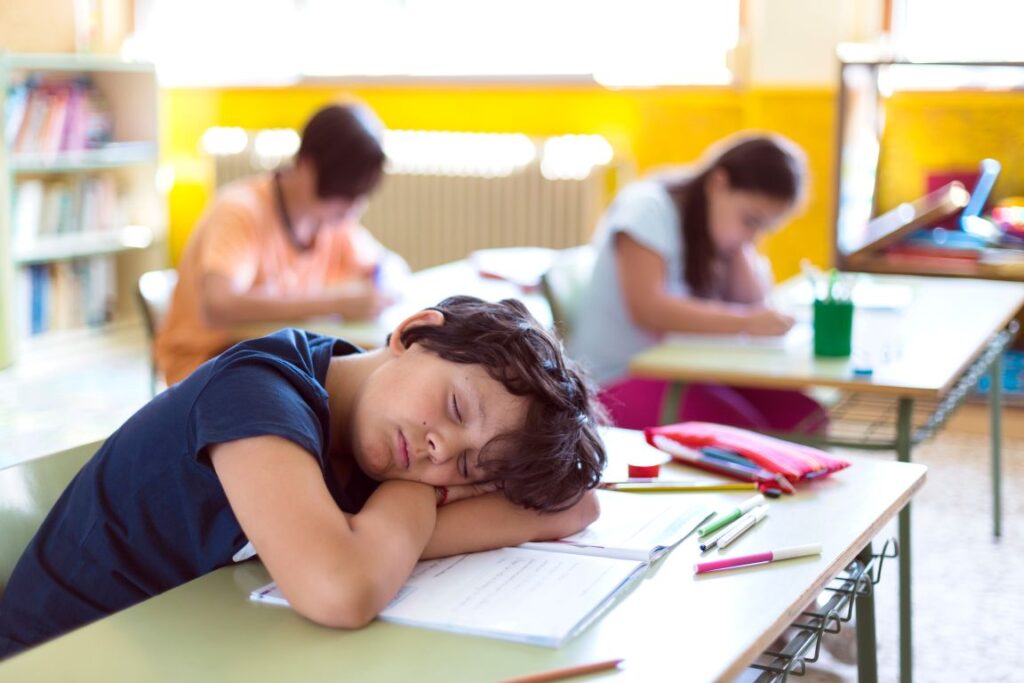
Do you suffer from forgetfulness, short attention span, difficulties paying attention, or even impulsive behavior? These could be the warning signs of attention deficit hyperactivity disorder (ADHD), but they could also be an indication of another serious problem: sleep apnea. Here’s how this condition could be confused with ADHD, and how treating your sleep could have a positive impact on your day!
What is ADHD?
Attention deficit hyperactivity disorder is a behavioral condition typically found in children which makes it difficult for them to concentrate, sit still, pay attention, follow instruction, and control impulses. People with ADHD often struggle with the following:
- Staying focused on activities they find boring
- Listening to or following instructions
- Remaining seated
- Keeping organized
- Remembering things
- Being patient
- Having excess energy
What is Sleep Apnea?
Sleep apnea is a disorder that affects mainly adults but can occur at any age, including during childhood. There are two main types of sleep apnea: obstructive sleep apnea and central sleep apnea. Obstructive (or OSA) occurs when the airway becomes partially blocked during sleep, causing the patient to stop breathing and wake repeatedly throughout the night. Central sleep apnea is when the brain fails to properly signal the body to breathe. Waking symptoms for sleep apnea may include:
- Difficulty waking up in the morning
- Irritability
- Falling asleep in school or at work
- Easily distracted or trouble paying attention
The Connection Between Sleep Apnea and ADHD
Because many of their symptoms are quite similar, patients have historically been misdiagnosed with ADHD when they truly had sleep apnea all along, or vice versa. In some cases, patients may even have both conditions simultaneously and failing to treat both can make the symptoms of each worse.
The good news is that getting a proper sleep test can be extremely helpful in ruling out or confirming sleep apnea, thereby allowing the patient to get the appropriate diagnosis and treatment. Better still, with oral sleep appliances from your dentist, reducing or eliminating the harmful side effects of sleep apnea is now easier than ever.
Remember, sleep apnea and ADHD have many crossover symptoms that could make it harder for you or your child to focus and be productive during the day. If you or someone you love is struggling to get a proper night’s rest and focusing while they’re awake, speak to your dentist about sleep apnea therapy today.
About Dr. Ghandi
Dr. Khushboo Ghandi first earned her dental degree in India, where she practiced as a dentist before moving to the United States. Here, she completed a second program for international dentists at the Oklahoma College of Dentistry. Today, Dr. Ghandi is a proud member of the American Dental Association, Academy of General Dentistry, Texas Dental Association, and regularly takes continuing education classes at Baylor College of Dentistry and Spear Education. To schedule a consultation for sleep apnea treatment at Murphy Dental Home, visit our website or call us today at 972-532-6506.
